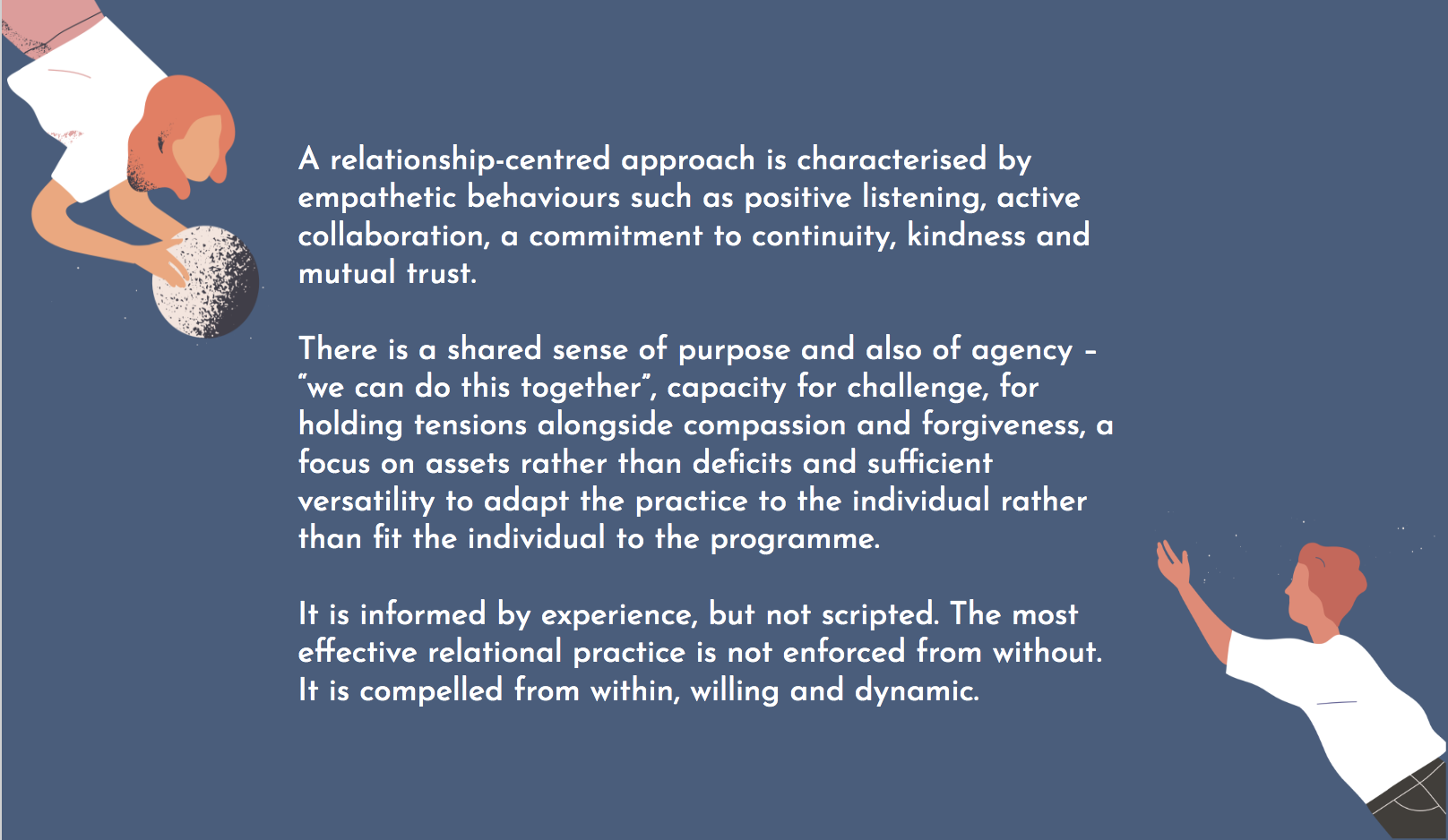In brief
On the 23rd November 2022, 80 relationship-centred practitioners came together at Northumbria University to unpack the how, what and why of relationship-centred practice. It was a fantastic day, full of warmth, emotion and hope. Here, we offer our reflections and invite you to share yours. Thank you to everyone who made it such an inspiring day.
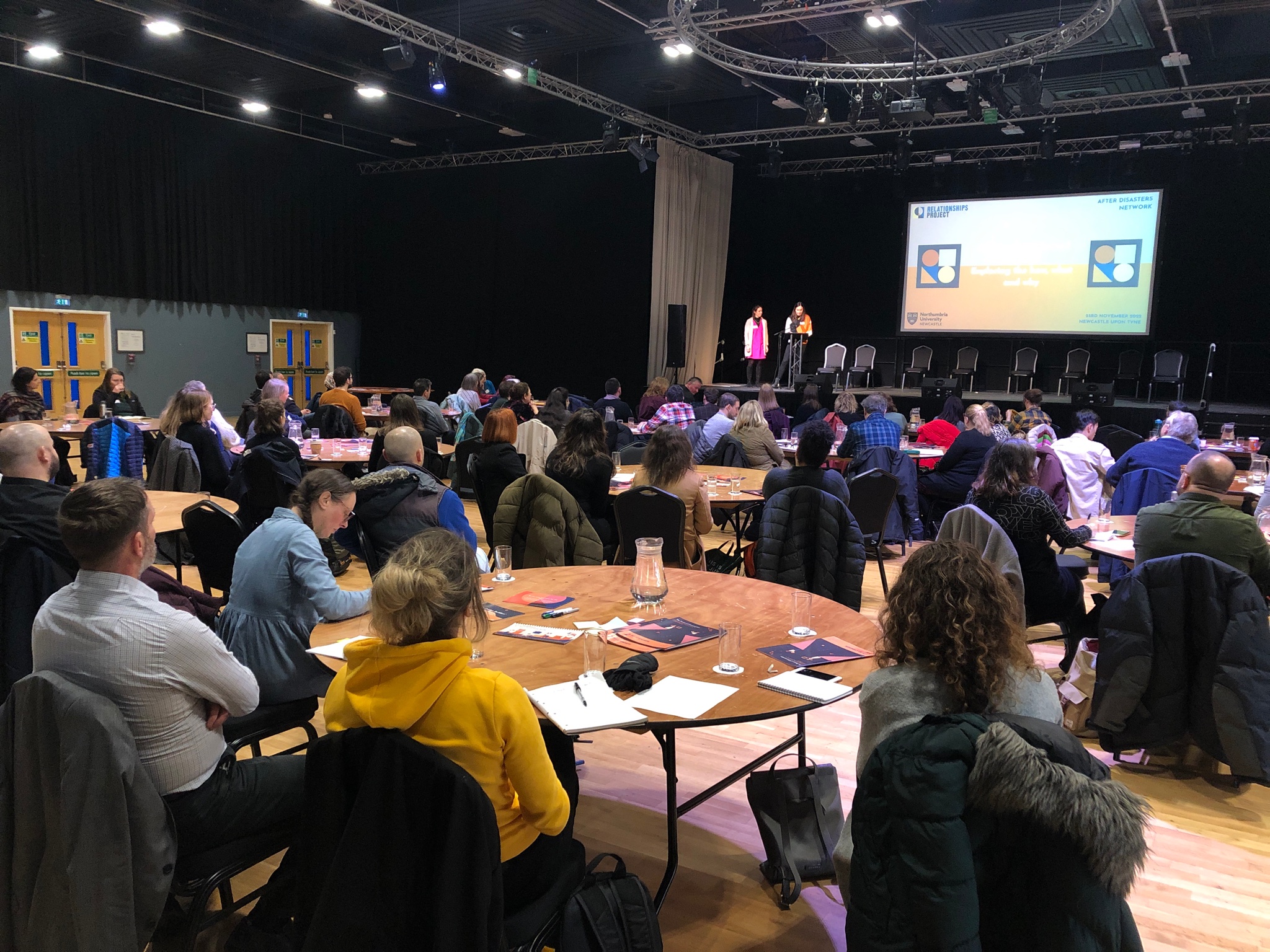
Dear Friends
We gathered at Northumbria University on 23/11 to think about, and talk about, Relationship-Centred Practice.
We shared a passion for “putting relationships first” but were otherwise a varied bunch – thinkers, doers and enablers, from different sectors and disciplines, and with a wide range of skills and experiences. The mixture was intentional. Relationships play an important part in every aspect of our lives.
The programme for the day and summaries of the speaker notes can be found here. And here, for the truly, deeply dedicated, are the raw notes.
The speakers laid a generous spread in the morning. In the afternoon we dined in smaller groups, chewing over the how, the what and the why of relationships centred practice.
This letter is in part, a memo to self – things we want to remember from the day, think about and do. And in part it is an invitation to people who weren’t with us – things we hope to think about with you, or do together.
These are just some of our takeaways. If you were there, you will have more. If you weren’t, you may have things to ask or to add. Please do reply.
Some things we talked about
Choosing who to be
Centering relationships is as much about who we are, or who we want to be, as it is about what we do. It starts with individual choices and behaviours. This isn’t a project with an end. It is about a way of being, and it cannot be solely considered within one system, the public system. It is about neighbours, friends, communities and more, loose ties and strong ones
Empathetic behaviours
This isn’t to say that we can’t learn from one another about how to do it well. Empathetic behaviours can be deliberately modelled. Also, in many circumstances, designed into process and protocols, taught and learnt. Such behaviours include positive listening, active collaboration, kindness, mutual trust, shared purpose, constructive challenge, forgiveness and, we mustn’t be afraid to say, love.
Creating conditions
It follows that encouraging and enabling relationship centred practice is, first and foremost, about creating the conditions for relationships to thrive (and removing the stuff that gets in the way). We talked about the “feel of a shared place” or an organisation, the protocols and the unwritten codes that are modelled rather than enforced, the culture and rituals as well as the physical environment.
Shared space
The sense of a new shared spaces had many dimensions in our conversations. “Shared” means communities, organisations, places where everyone is valued, relationships are reciprocal and respectful, practice studies are transparent and interdisciplinary. “Space” means somewhere that is both open and inclusive and where there is permission to try new things, sometimes to fail. And “new” means welcoming the unfamiliar, going beyond the usual ideas, people, disciplines and professional boundaries.
All weathers
A relationships first approach works in all weathers, in building capability and in responding to crises – “a more significant influence on the impact of the Japanese tsunami than the height of the sea wall.” Relationship building takes time and is best done in good times but what if there are no good times? In this period of perma- or polycrisis we can’t wait for better days. As we saw in lockdown, within crises there is also opportunity for making and developing relational practice.
Working on stories
Embedding the shift towards a world of better relationships (or a team, an organisation, a community etc) calls for emotional intelligence, and also for emotional labour. We can learn how to do it better by learning more from one another. We need, in particular, to get better at telling and understanding stories which have the rigour to inform as well as inspire. Perhaps this might involve other kinds of artists as well as writers and researchers
Role of regulation
Suggesting that relational practice is about “who we are” in whatever context, doesn’t mean that it cannot also be systematically expected of staff as the foundation on which services and organisations are built – “the first mile, not the extra mile”. There is a role here for Ofsted and CQC and other regulators and inspecting bodies.
Within and between organisations
Relationships within organisations and between organisations shapes the context for relationships between organisations and service users. It is important to remember that partnerships between organisations are relationships between people and to invest in this “hidden work of relationship building”.

Some things we decided to do
We invite you to join us…
Making the case
Taking on the “frilly fallacy” (relationships are a nice to have, not an essential) with an easy read “case for centring relationships” particularly thinking about managers, funders, commissioners and decision makers. And an even easier “elevator pitch”.
Spreading the word
Blogging prodigiously isn’t an end in itself but it is a way of developing conversations and building out. Watch the Relationships Project blog in the new year for contributions flowing from this event including one “in the spirit of feral knitters”. (no, me neither).
Evolving appropriate ways to reflect and evaluate
We shouldn’t accept inappropriate measurement but evaluation is valuable. Understanding the ethics (who’s it for? Who’s doing the telling etc) then evolving appropriate ways of reflecting on practice with rigour and truth was a recurrent theme in Northumbria. We want to create opportunities to learn more about proxy and proximate indicators, storytelling techniques, like the Most Significant Change model, and tools for interpreting observation like the Leuven Scale.
Building the interdisciplinary connections
Evidence and study on relationship centred practice is largely siloed into strict disciplines. We want to develop the interdisciplinary space. A loose “learning network” can connect individual thinkers / projects immediately with Uni based interdisciplinary “hubs” as an ambition to be explored
Meeting again
No amount of Zooming and blogging can replace real time connection. Oddly champions of relational practice don’t come together very much. We want to do this again. Definitely again nationally, maybe also regionally (Wales or the North of Tyne for example), possibly around specific topics, like evaluation, and always with the “relationships first “ golden thread. Some sub sets, regional or thematic, already exist but are unconnected to others. Convening the convenors might sound indulgent but would be helpful.
Knowing who we are
We don’t need to wait for an event to keep talking but we do need to know who’s who and where to find them. We’d love you to join us in creating a ‘map’ of the many individuals and organisations who share a belief in the importance of relationships. This map will be publicly accessible and, we hope, will help connections to be made, ideas to be shared, and resources to flow. Get yourself a cuppa, perhaps gather your fellow travellers, and tell the rest of the field about why relationships matter to you (we reckon it’ll take about 15-20mins)
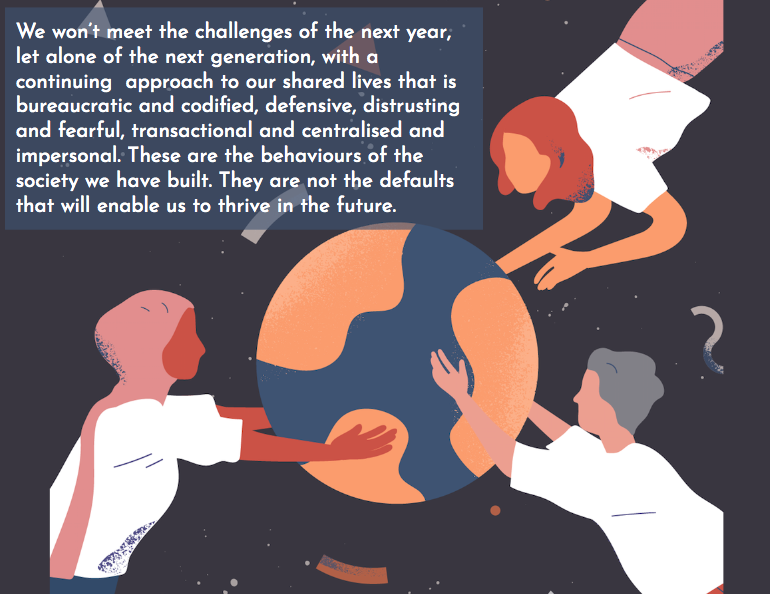
A conversation started in Northumbria on November 23rd. Like all good conversations it left us wanting more. Whether you were there or whether you weren’t, please think about the ideas in this letter and join in.
Warmest regards
David, Immy, Neil and Iona
Read more
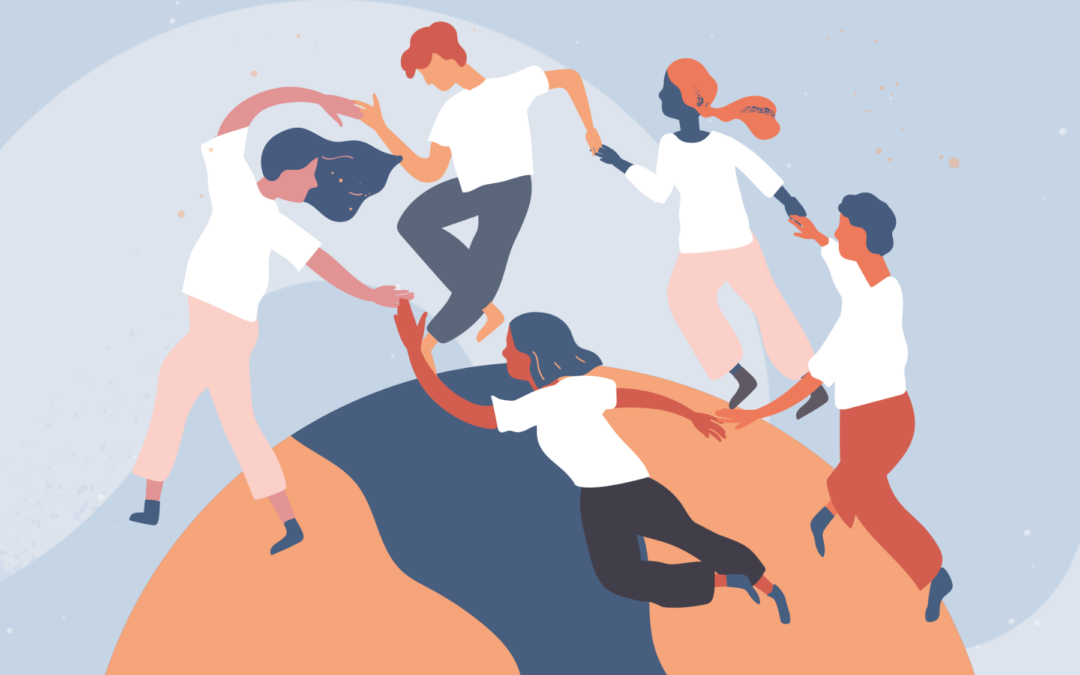
The Relational Neighbourhood
In brief Nick Sinclair and David Robinson have been mulling over a new blog for a while. It has been almost five years since their pandemic reflection on “the art of the covenant” (2020). A lot has changed since then but the underpinning principles of their thinking...
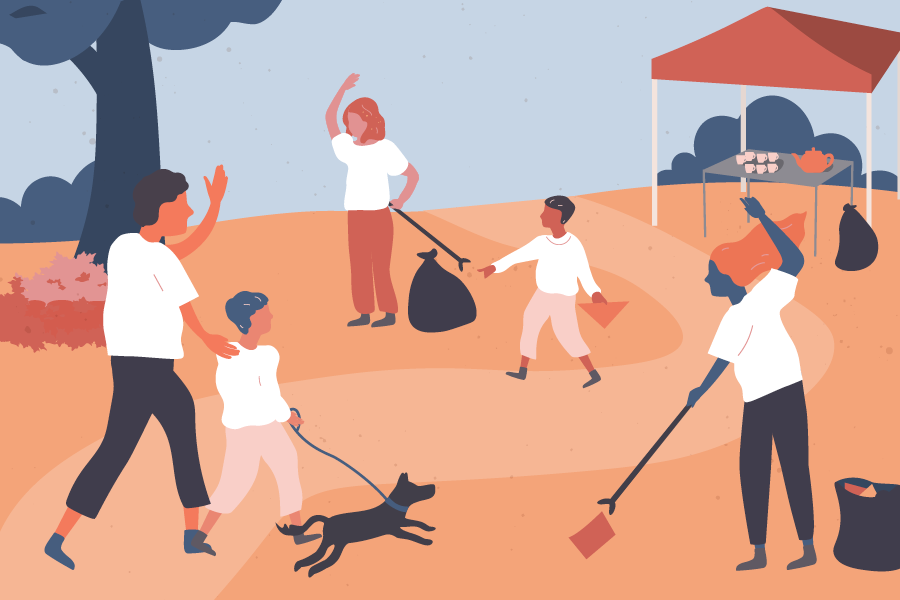
Letting the nation in: how a drive to promote relational practice could boost mission-based government
Introduction Nine months have passed since the general election. A new PM and a new generation of ministers have settled into post. They have had time to assess the legacy from the last administration and familiarise themselves with the ongoing work of every...

